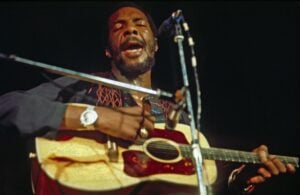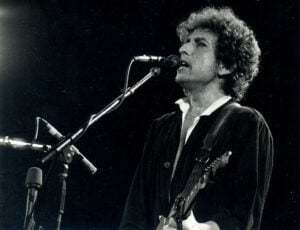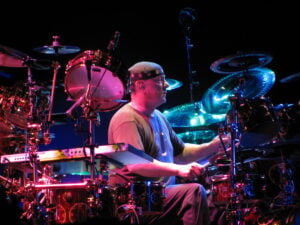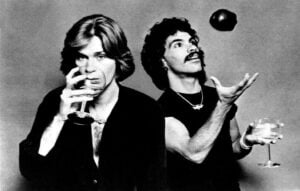7 Biggest Toy Store Chains of the 80s That Went Out of Business
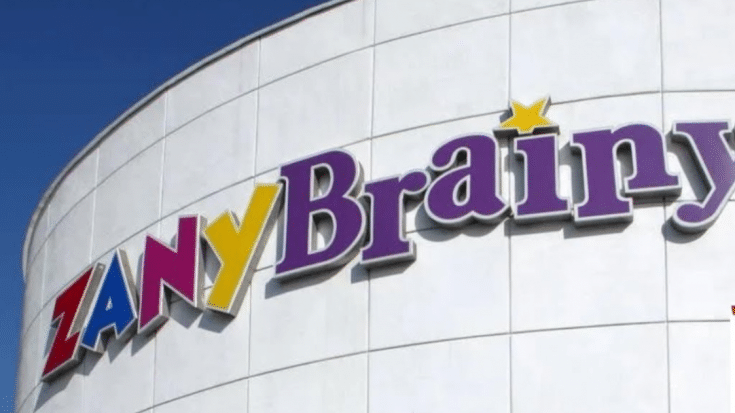
The Talking Toys Podcast/Channel / YouTube
The 1980s were a golden age for toy stores, with many chains becoming household names for kids and parents alike. These stores were packed with popular action figures, video games, and more. However, as times changed, these once-thriving toy stores couldn’t keep up and eventually closed their doors. Here are seven of the biggest toy store chains from the 80s that no longer exist.
1. Toys “R” Us
Toys “R” Us was the ultimate toy store in the 80s. Kids loved walking through the aisles filled with action figures, dolls, and board games. The chain’s mascot, Geoffrey the Giraffe, became iconic, making shopping there feel like a special event.
Despite being a dominant force in the toy industry for decades, Toys “R” Us couldn’t keep up with the rise of online shopping and changing retail habits. Its bankruptcy in 2018 marked the end of an era, leaving many nostalgic for its once-packed stores.
2. Child World
Child World was a major toy store chain that rivaled Toys “R” Us in the 80s. Known for its massive stores filled with a wide range of toys, it became a go-to destination for parents looking to surprise their kids with the latest trends in toys and games.
However, Child World couldn’t withstand the competition and financial difficulties, leading to its closure in 1992. Its downfall was a blow to many who had grown up visiting its large, warehouse-like stores during the peak of toy-buying seasons.
3. Lionel Kiddie City
Lionel Kiddie City was another popular toy store chain in the 80s. It offered a wide variety of toys, from dolls to trains, and its slogan, “Turn that frown upside down,” stuck with many shoppers. Kiddie City aimed to provide kids with an exciting shopping experience.
Despite its initial success, Kiddie City faced stiff competition and couldn’t survive the changing retail landscape. By the early 90s, the chain had disappeared, leaving behind fond memories of its playful ads and toy-filled shelves.
4. KB Toys
KB Toys was a staple in many malls during the 80s. With smaller, more compact stores, it specialized in offering a curated selection of the latest toys and games. Parents often visited KB Toys for quick and convenient toy shopping, while kids loved its close proximity in shopping centers.
Despite its wide reach and popularity, KB Toys eventually fell victim to the pressures of larger competitors and online retailers. The chain declared bankruptcy in 2008, marking the end of an era for mall-based toy shopping.
5. PlayWorld
PlayWorld stores were known for their bright colors and fun atmosphere. The chain offered a wide selection of toys at competitive prices, which helped it gain a strong following in the 80s. Parents appreciated the deals, while kids enjoyed wandering the aisles filled with their favorite toys.
Unfortunately, PlayWorld couldn’t sustain its business model in the long run. The chain filed for bankruptcy in 1991, leaving behind a legacy of childhood memories for those who had shopped there during its heyday.
6. FAO Schwarz
Though FAO Schwarz wasn’t exclusive to the 80s, its massive flagship store in New York City became a destination for toy lovers during the decade. Known for its high-end toys and unique displays, FAO Schwarz was unlike any other toy store, offering a more upscale shopping experience.
However, its luxurious approach couldn’t shield it from the changing retail environment. FAO Schwarz closed its flagship store in 2015, and though it made a brief comeback, it was never able to return to the prominence it had during the 80s.
7. Zany Brainy
Zany Brainy was a unique toy store that offered educational toys and games in the 80s. Its stores were designed to provide both fun and learning for kids, making it a favorite for parents looking for toys that went beyond simple entertainment.
Although it found early success, Zany Brainy struggled to stay afloat amid growing competition. By the early 2000s, the chain had filed for bankruptcy, bringing an end to its effort to combine education and play in the toy market.












